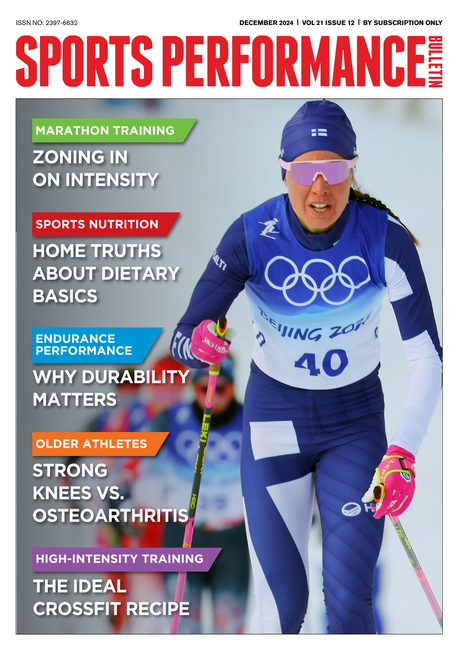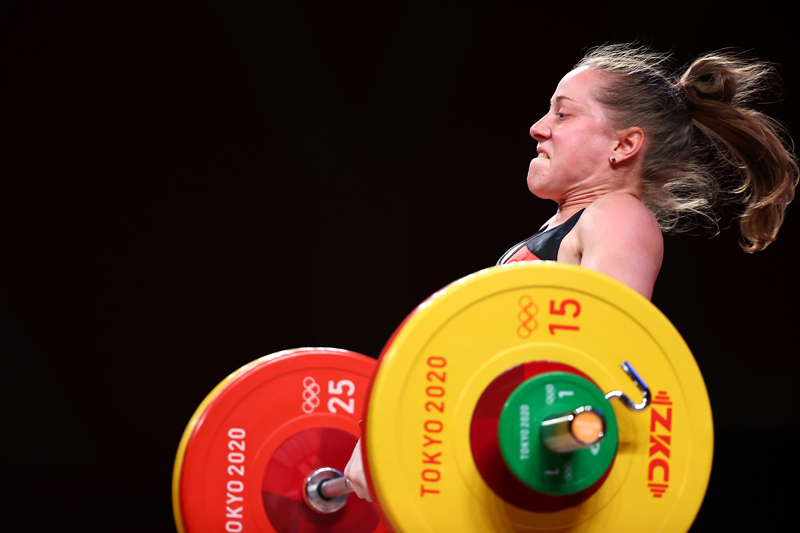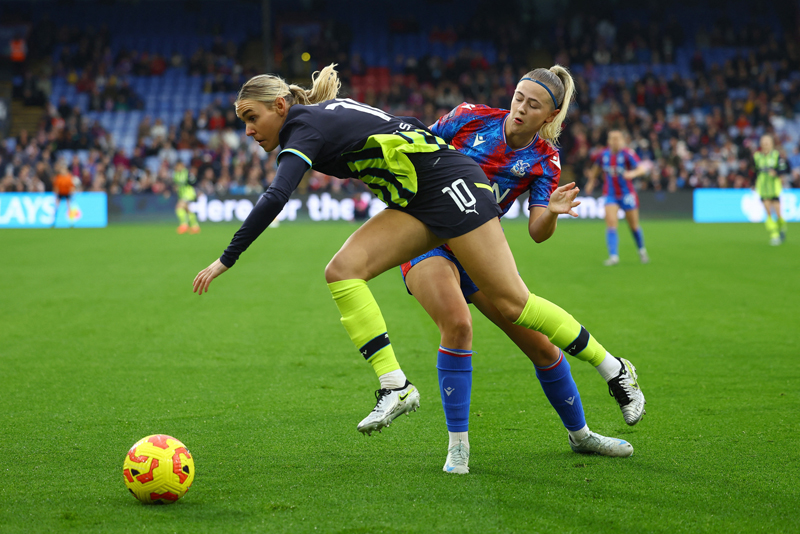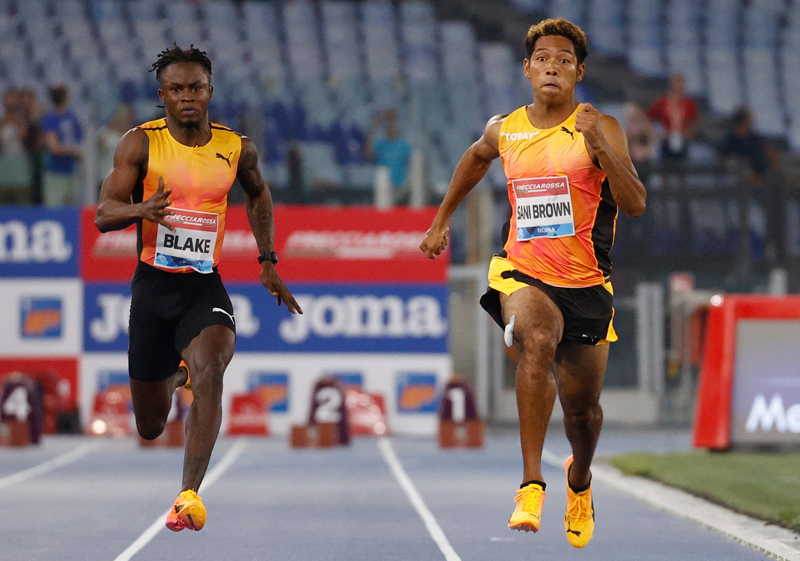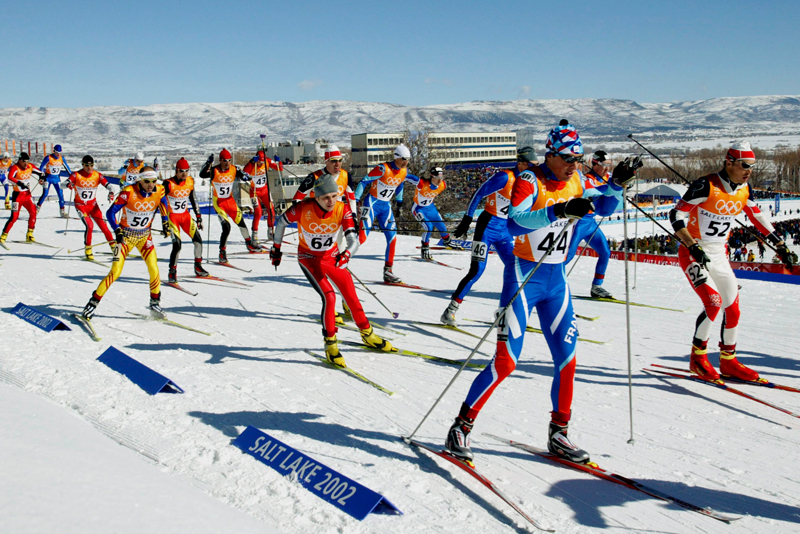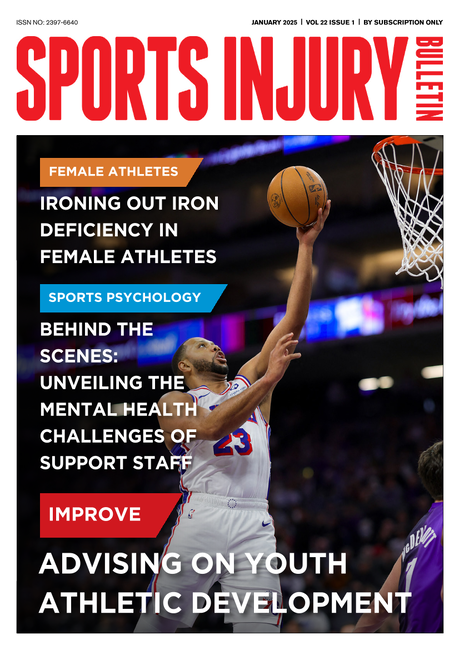You are viewing 1 of your 1 free articles. For unlimited access take a risk-free trial
Bee pollen supplements
Experts determine what's really in bee pollen - but does the stuff actually work?
Bee pollen is a very popular sports supplement, but most athletes - even those who include bee pollen in their diet - would be hard-pressed to identify its key chemical components and thus its mechanism as an ergogenic aid.'It gives me energy,' is a common report from athletes who use bee pollen to boost performance in sports involving high, medium and even low intensities. World-class sprinters use it, but so do elite marathon runners as well as recreational athletes. It has also been advertised as promoting quick recovery following intense exercise. Is this all pure fantasy? Is there a placebo effect at work? Or does pollen really contain something potent?Quercetin, one of bee pollen's key flavonoids, is actually a plant pigment found in many foods besides pollen - onions, apples, berries, tea, citrus fruits and red wine, to name but a few. Once thought to be vitamins, flavonoids were originally given such names as vitamin P and vitamin C2. Quercetin can be sold as a stand-alone supplement or as part of a mixture of flavonoids and antioxidant chemicals.
Quercetin has been used to treat allergies and is said to work like an antihistamine - a claim backed up by some laboratory studies. In an allergic reaction, the body produces histamine, which may cause sneezing, a runny nose, hives, itchiness, and so on. Some fans of quercetin claim that it is more effective than conventional antihistamines and does not cause drowsiness, which is a common side effect of traditional antihistamines (although not the newer'models'). In truth, though, not a scrap of published evidence exists to back up this idea.
Some quercetin supporters claim the compound prevents heart disease and cancer, and indeed some researchers believe it is the'magic ingredient' in red wine that protects the heart. Again, though, there is no solid scientific evidence to support this notion.
In combination, quercetin and rutin are said to increase the strength of the capillaries (the smallest blood vessels) and to regulate their permeability. They are thought to assist vitamin C in maintaining the health of collagen - the intercellular'cement' and the key structural component of tendons and ligaments - and they may be essential for the proper absorption and use of vitamin C. It is thought that quercetin and rutin prevent vitamin C from being destroyed in the body by oxidation and also help to protect against haemorrhage in small blood vessels and ruptures of connective tissues.
Could it be that sportspeople are getting stung by the hype?
This all sounds fairly healthy, but is there any special benefit associated with bee pollen intake for athletes? Can the flavonoids within bee pollen really energise performance? If we take a careful look at the scientific research on pollen, we must conclude that athletes who purchase pollen supplements are getting stung. It is true that one study linked bee pollen use with large improvements in the work capacities of weight-lifters(2). However, the differences in performance, although large, were not statistically significant.
One of the loudest claims for bee pollen supplementation has been that it boosts red blood cell concentrations and therefore VO2max in athletes. But careful research carried out with college swimmers detected absolutely no changes in red blood cells, haemoglobin levels, haematocrit and overall performance associated with pollen intake(3). Pollen apologists have also claimed that the product improves performance by boosting blood potassium concentrations (pollen being fairly high in this key mineral), but research has failed to uncover any connection between pollen intake and potassium levels in athletes. This is not particularly surprising, since in athletes with relatively normal blood potassium concentrations high intakes of potassium usually result merely in high levels of urinary potassium.
One of the most thorough analyses of the effects of bee pollen supplementation on athletic capacity was carried out by exercise scientists at Louisiana State University several years ago. The LSU researchers divided 18 male cross-country runners into three groups and studied them over a 12-week season. One group ingested pollen extract daily, another took protein supplements and a third a placebo preparation(4).
Over the 12-week period, the athletes ran 70-100 miles per week, except for the final week of the study, when they ran'only' 60 miles. About 40% of the total mileage was reported to consist of fartlek work and race-pace interval effort. Performance improved rather dramatically over the course of the study, with velocity during a three-mile race jumping from 4.7 yards per second to 5.0 yards per second (ie from 6:15 pace to 5:52 per mile). In addition, blood haemoglobin levels increased but potassium levels fell slightly during the 12-week season.
However, neither pollen nor protein intake had any effect on performance, potassium or haemoglobin, since the results for the placebo group were no different from those for the two treatment groups. And it is important to note that since this interesting work was published, not a single high-quality scientific study has been able to link bee pollen with upgraded performance.
Final thoughts: legal and ethical - but probably not useful
Bee pollen is administered in capsules and taken orally, and intakes of up to 2.7g per day for periods as long as 12 weeks have been used in research studies. Any potential side effects resulting from doses higher than this are unknown. For most people, bee pollen supplementation is safe, but some serious allergic reactions have been reported. The primary concern with bee pollen supplements has been anaphylaxis (hypersensitivy with intense systemic reactions). Reports of headaches, nausea, diarrhoea and abdominal pain have also been documented.
It is interesting to note that bee pollen has been used successfully to treat prostatitis - inflammation of the prostate gland - in males(5). This is not particularly surprising, given pollen's high content of antioxidants, which tend to be helpful in controlling inflammatory processes.
Finally, bee pollen supplementation is legal and completely ethical. The International Olympic Committee does not currently include bee pollen on its list of banned substances. But then again - why should it? There is absolutely no scientific evidence to support a claim that it has ergogenic properties.
Owen Anderson
References
1. J Agric Food Chem vol 49(4) April, pp1848-1853, 2001
2. Results of studies of effects of taking'Pollitabs' and'Stark Protein' drugs on improvement of working capacity of weightlifters, AB Cernelle Symposium for Sportsmen, London, November 1973
3. Journal of the National Athletic Trainers Association, vol 11, p 124, Fall 1976
4. Journal of Sports Medicine and Physical Fitness vol 18, pp221-226, 1978
5. Z. Urol., Vol. 56, p 113, March 1963
Further reading
Woodhouse, ML, Williams, MH and Jackson, CW,'The effects of varying doses of orally ingested bee pollen extract upon selected performance variables', Athletic Training 1987;22:26-28
Mahan, LK,'Nutrition and the allergic athlete', International Symposium on Special Problems and Management of Allergic Athletes, 1984;73(5):728-734
Jackson, JL, Houghton, PD and Snider, P,'Bee Pollen: Review of clinical studies and case reports', Int J Biosoc Res,1983;5(1):47-52
Howell, J and Champie, C,'Market & Industrial Aspects of Bee Pollen', American Bee Journal, 1981;121(11):817-818
Mansfield, LE and Goldstein, GB,'Anaphylactic reaction after ingestion of local bee pollen', Ann Allergy, 1981;47(3):154-156
Williams, MH,'The ergogenics edge', Champaign, IL: Human Kinetics Publishers, Inc.; 1998
Newsletter Sign Up
Testimonials
Dr. Alexandra Fandetti-Robin, Back & Body Chiropractic
Elspeth Cowell MSCh DpodM SRCh HCPC reg
William Hunter, Nuffield Health
Newsletter Sign Up
Coaches Testimonials
Dr. Alexandra Fandetti-Robin, Back & Body Chiropractic
Elspeth Cowell MSCh DpodM SRCh HCPC reg
William Hunter, Nuffield Health
Keep up with latest sports science research and apply it to maximize performance
Today you have the chance to join a group of athletes, and sports coaches/trainers who all have something special in common...
They use the latest research to improve performance for themselves and their clients - both athletes and sports teams - with help from global specialists in the fields of sports science, sports medicine and sports psychology.
They do this by reading Sports Performance Bulletin, an easy-to-digest but serious-minded journal dedicated to high performance sports. SPB offers a wealth of information and insight into the latest research, in an easily-accessible and understood format, along with a wealth of practical recommendations.
*includes 3 coaching manuals
Get Inspired
All the latest techniques and approaches
Sports Performance Bulletin helps dedicated endurance athletes improve their performance. Sense-checking the latest sports science research, and sourcing evidence and case studies to support findings, Sports Performance Bulletin turns proven insights into easily digestible practical advice. Supporting athletes, coaches and professionals who wish to ensure their guidance and programmes are kept right up to date and based on credible science.


